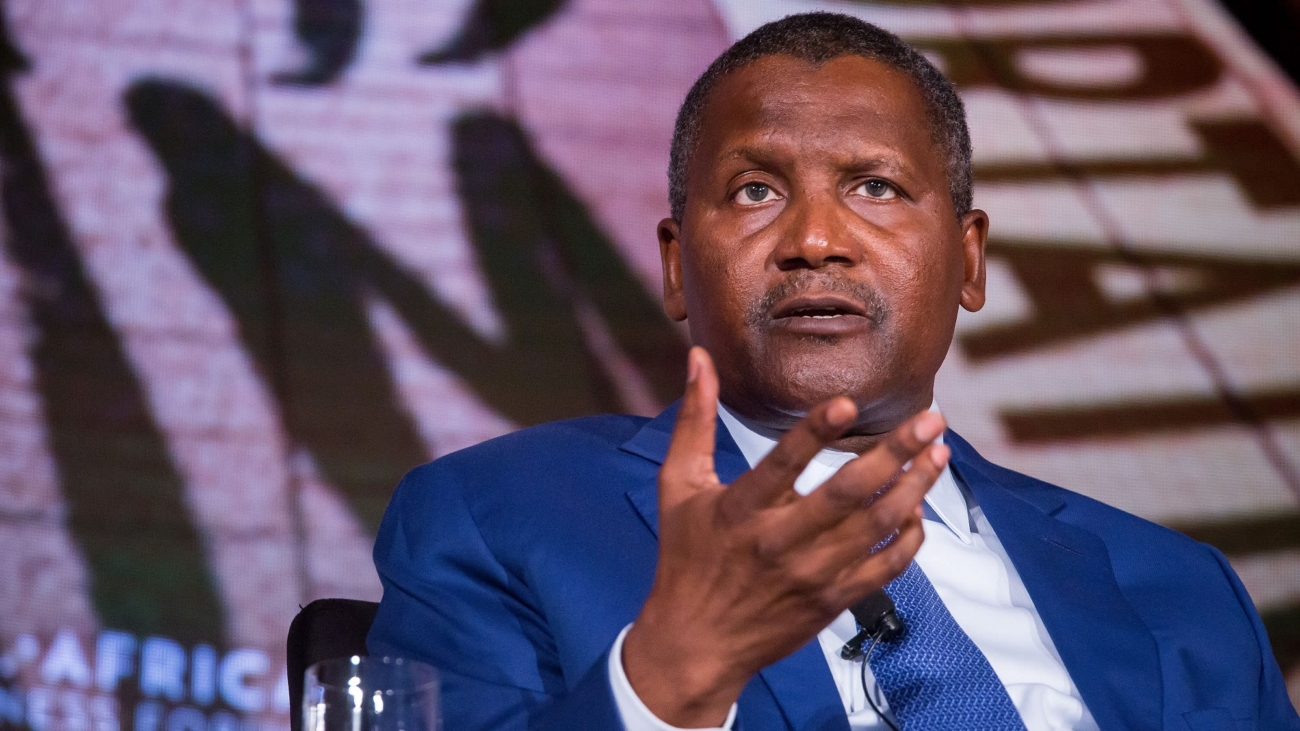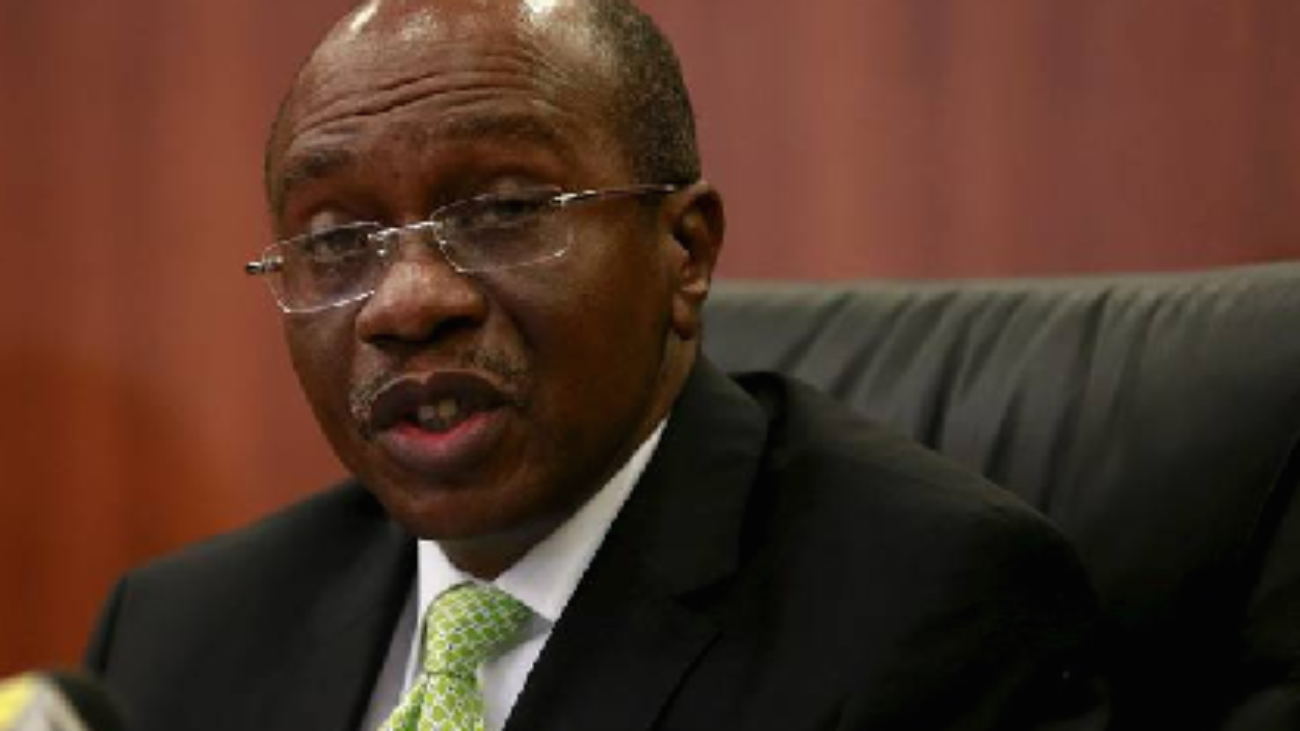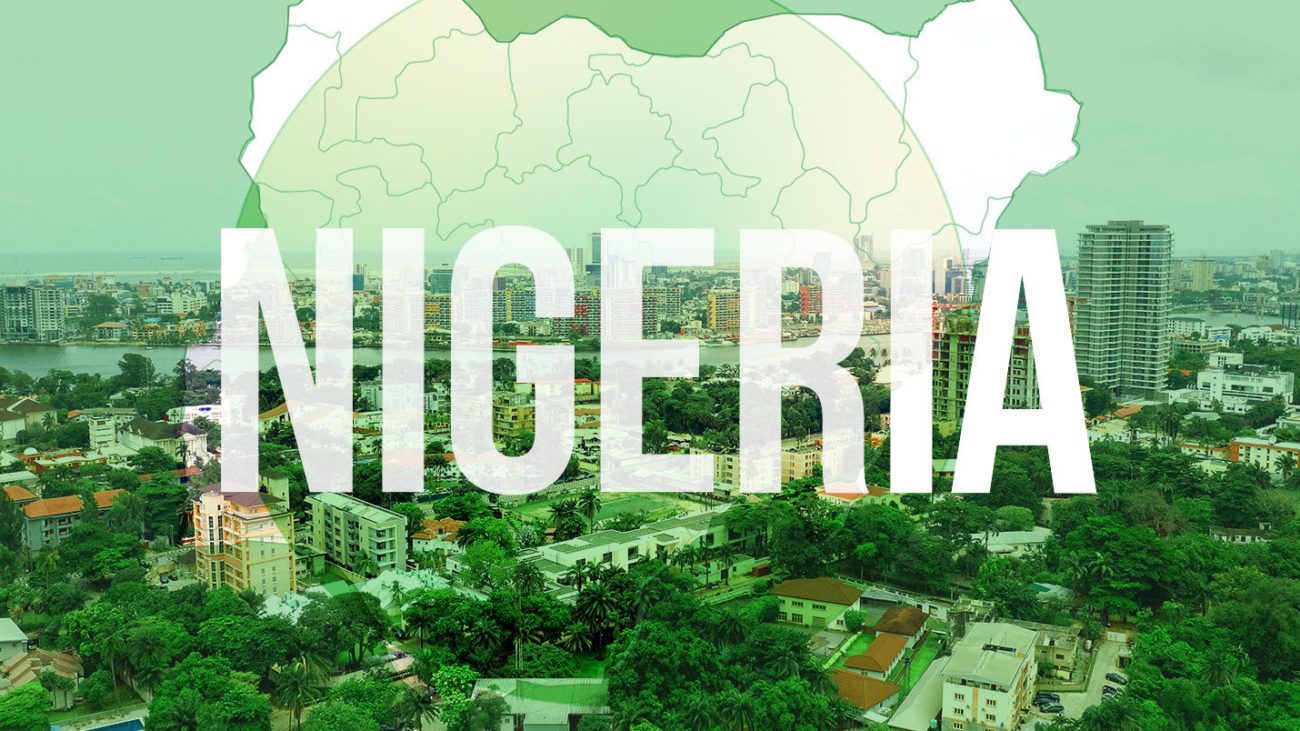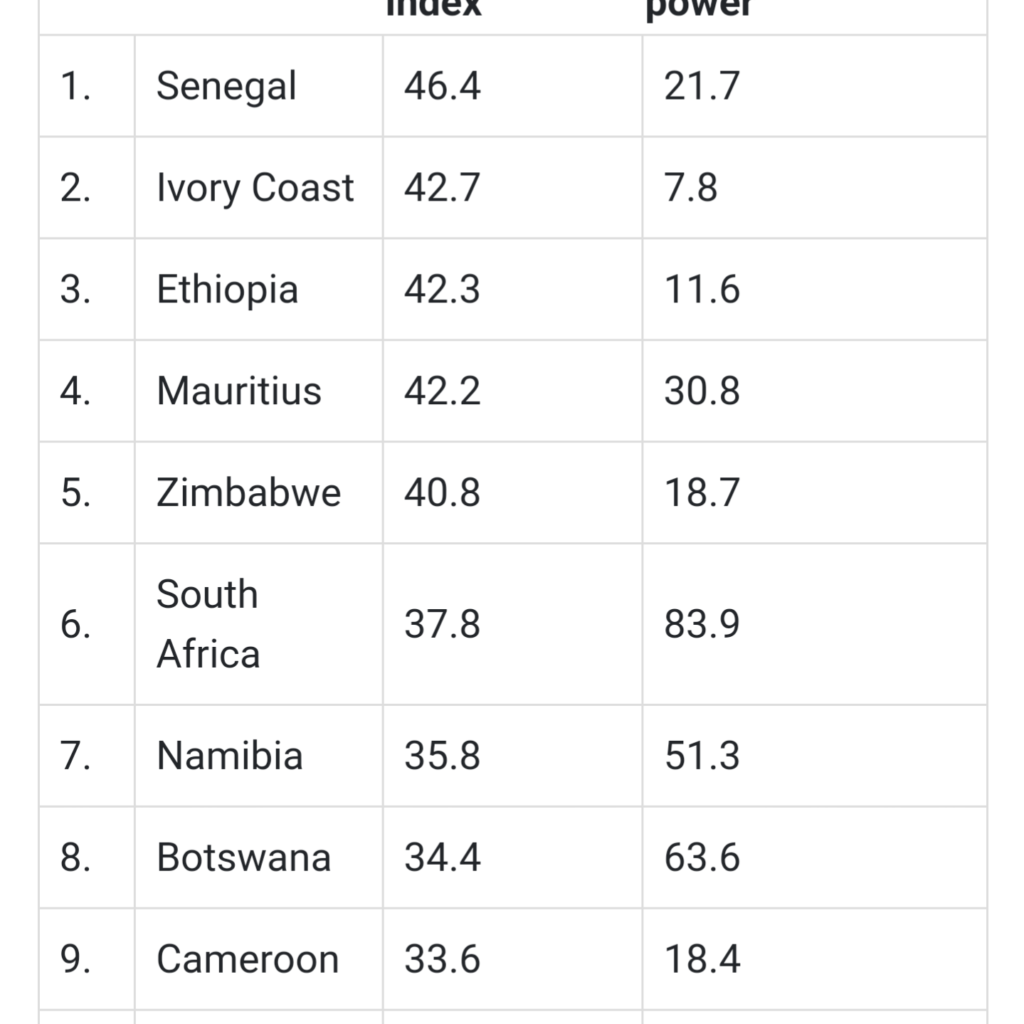Chairman of Dangote Cement Plc, Aliko Dangote has said that the company has highest revenue in its history in 2022.
The richest man in Africa stated this at the 14th Annual General Meeting, AGM, of the company in Lagos.
Analyzing the 2022 year-end result, Dangote explained that the company achieved its highest revenue and earnings before interest, taxes, depreciation, and amortization (EBITDA) in history at ₦1,618.3 billion and ₦708.2 billion, respectively.
Read Also:
He added that the cement coy also recorded revenue and EBITDA growth of 17.0 per cent and 3.5 per cent from the prior year respectively, adding that the fest was achieved under unprecedented inflationary pressure, but it also achieved a profit after tax of ₦382.3 billion, up 4.9 per cent compared to 2021.”
The exceptional EBITDA, according to him, was supported by its numerous cost containment measures, substituting higher-cost fuel for cheaper alternative fuel products.
“These efforts have helped us reduce our cost base and enhanced our flexibility, enabling the Company to respond more effectively to changes in the market,” he said.
The Chairman also guaranteed shareholders and other stakeholders of the company’s management’s resolve to keep the company profitable by leveraging on strategic innovations for the continuous growth of their investments.
Dangote said the prospects for the cement company remain bright as the management will continue to innovate on quality products delivery to millions of its customers across Africa while touching the lives of its host communities.
He stated: “We will continue to make sure that we keep our shareholders happy, not only the shareholders but all our other stakeholders… Our strategy remains steadfast, focused on organic growth in Nigeria and Pan-Africa while ensuring that Africa’s regional integration becomes a reality. We will continue to contribute to improving regional trade within Africa by building plants across West and Central Africa, guided by our vision of making the region cement and clinker self-sufficient. In addition, we aim to deliver higher returns and value to our shareholders.”
The Chairman pointed out that despite the challenging macroeconomic environment in 2022, the company still made great strides, performed admirably, and remains Africa’s largest and leading cement producer.
Dangote explained that in the face of unexpected challenges in 2022, the company implemented robust cost reduction strategies to manage the inflationary environment, and thus enhanced its competitiveness while maintaining high levels of product quality and customer service delivery.
According to him: “In addition, we achieved giant strides in transitioning to cleaner energy, with our cost containment initiative propelling the use of Alternative Fuel (AF) to replace more expensive fossil fuels, such as coal and gas. We also increased the use of Compressed Natural Gas (CNG) for our trucks due to the rising diesel cost environment.
The Company Chairman explained that: “Over the last twelve years, volumes have grown by a double-digit compound annual growth rate of 11.2 per cent. Similarly, EBITDA has grown at a compound annual growth rate of 16.3 per cent, over the same period, implying a five-fold increase and revealing a true growth story.
“Accordingly, we closed the year with a profit after tax of ₦382.3 billion and an Earning per Share (EPS) of ₦22.27. Despite these accomplishments, we are not resting on our laurels. We recognise that the business environment remains volatile, so we will continue to evolve with the changing times while embracing technological advancement,” he added.
Speaking on the Company’s Annual Reports, Mrs. Bisi Bakare, Chairman of the Pragmatic Shareholders Association, commended the management of Dangote Cement for its doggedness during the year under review for still being able to exceed the shareholders’ expectation in view of the inclement economic weather under which companies operated in the country.
She explained that the shareholders were happy for the returns, pointing out that it only means that the company was living up to its billing as the largest in Sub-Saharan Africa, adding that if not for the resilience of the management, the company would not be able to post such an impressive performance in 2022.
Mrs. Bakare alluded to the successful listing of the N300 billion series bond by the Company, saying the company succeeded largely due to the confidence reposed in the company and its management by the investing public. “It is not all companies that could record such a feat given the huge amount involved and the biting economic situation”, she stated.




